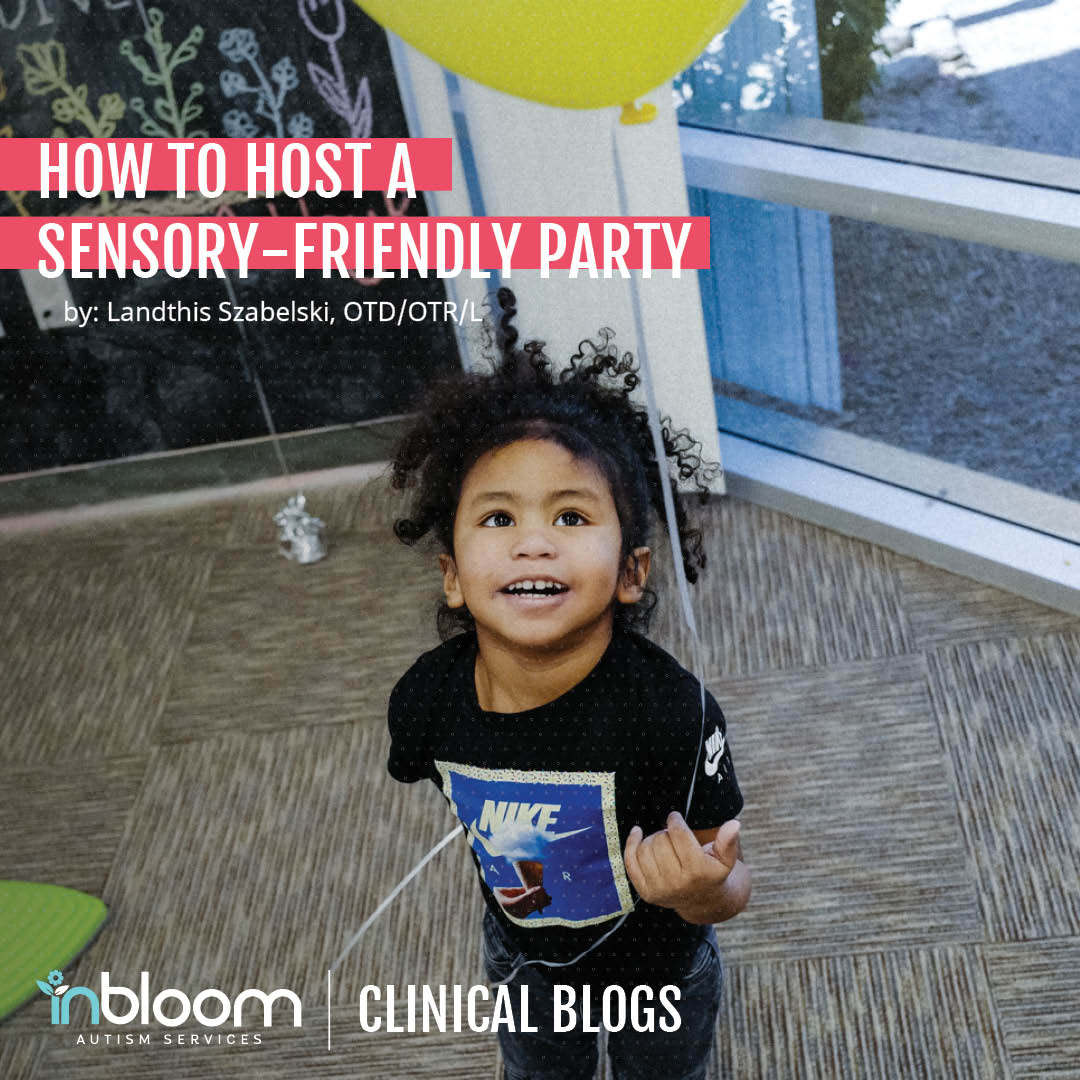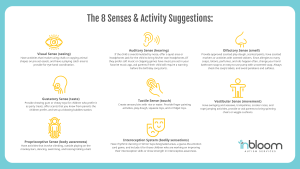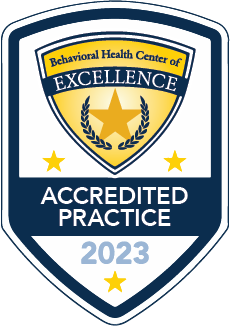How To Host a Sensory-Friendly Birthday Party

What is a sensor-friendly party? It’s simply a party that is designed to accommodate the sensory needs of children with autism.
Why Sensory-Friendly Parties Are Important
Sensory-friendly birthday parties are important simply due to the prevalence of autism spectrum disorder.
In 2014, 50% of children were more likely to receive an ASD diagnosis or special education classification by 48 months compared to children born in 2010. (Autism prevalence rises in communities monitored by CDC 2020).
Based on CDC data collected in 2022 from 16 different sites, among children 8 years of age, approximately one in 31 had autism. Among boys, autism was over three times as likely as in girls.
Creating an Inclusive Environment for All Children
Based on these statistics, it is likely that your child’s classroom may well include a child on the autism spectrum. Creating an inclusive space for all is essential and can ensure a welcoming environment and enjoyable experience for all your guests.
Tips for Planning a Sensory-Friendly Birthday Party
Having established how important hosting a sensory-friendly party can be, how do you go about it? Let’s explore some tips and ideas for creating an autism-friendly birthday party that addresses sensory processing needs.
Guest List and Invitations
Consider sending a note to your child’s teacher stating that you plan to invite all the children. If you prefer a smaller party with just your child’s closest friends, contact those parents privately. Mentioning the time and duration of the party on your invitation can be helpful.
Choosing the Right Venue
You could ask parents to volunteer to supervise activity stations at your party. Alternatively, you might choose to host your event at a local sensory-friendly kids’ gym, such as:
Activity Planning and Supervision
It’s important not to leave children unattended. Consider having manned stations with a small ratio of children to supervising adults. Weigh the individual needs of each child and determine the level of supervision or assistance they may need.
Ask parents if their child would be comfortable with other parents manning stations at the party. You may offer the opportunity for guests to visit your house or the venue prior to the party to help kiddos feel more comfortable.
Food, Snacks, and Cake Options
Being mindful of dietary needs is important with any kids’ event. Ask parents to provide information about any food allergies, preferences, and dietary restrictions their child may have.
You may wish to make or order a birthday cake that is free of wheat, gluten, or dairy, along with another cake with typical ingredients. You might consider providing individualized party snacks that cater to each child’s dietary needs.
Preparing for Communication Needs
Communication needs are a vital consideration with children with autism. Ask parents about any communication devices their child may need. Be prepared to have charging stations in case batteries run low for devices that support autism sensory needs and help children participate in sensory-friendly kids’ activities.
Be patient when you communicate with non-verbal children. If they need to use a device to respond, give them an opportunity to do so as part of creating an autism-friendly birthday party environment that supports all communication styles.
Sensory Considerations for Party Prep
To make sure all guests feel comfortable and at ease, you could prepare areas of the house for different sensory needs based on the eight sensory systems. This is a great way to address different needs in an inclusive environment.

Additional Autism Awareness and Inclusion Tips
Here are some other important principles to keep in mind as you plan your sensory-friendly birthday party.
Promoting Acceptance and Inclusion
You can take the lead in creating an inclusive environment for children with autism where they feel comfortable and welcome. Practical steps to cater to autism sensory needs, along with clear communication, can make all the difference.
Communicating With Other Parents
Reaching out to parents in advance to discuss their child’s needs and determine what things can help ensure an enjoyable experience for them can go a long way. Be open, listen to their ideas and any concerns, and express your eagerness to accommodate their child.
Pave the Way for Autism Inclusion
And there it is: you have committed to providing the best time for your child’s sensory-friendly birthday party. Your thoughtful and inclusive approach to including all their friends will be appreciated by children and parents.
It may seem like a little thing, but it’s the little things that can make a big difference! Perhaps you will be the go-to person who inspires the next parent who wants to follow in your footsteps. Well done!
InBloom’s Support for Children With Autism
InBloom Autism Services specializes in early intervention ABA therapy. Our therapists undergo training to develop a curriculum specifically designed for children with autism aged 5 and under. Our dynamic learning centers provide a safe, enjoyable, inclusive environment where children can learn new skills and interact with their peers.
Learn about our ABA therapy program that supports children with autism and their sensory needs, or contact our helpful team today.
Additional Resources
Mealtime Made Easier: Practical Tips for Kids Diagnosed With Autism
Top 3 Travel Tips for Autism Parents


